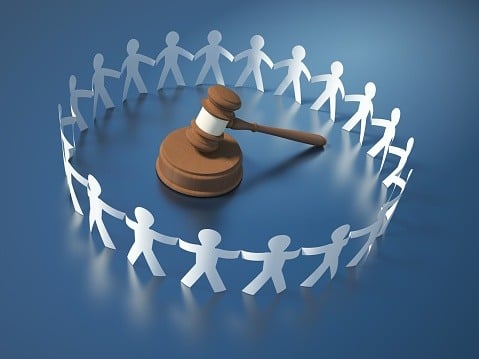 Community associations have a lot in common with municipal governments. As members of a governing body -- and typically also members of the homeowner’s association -- HOA board members should meet regularly to discuss and vote on important community issues, like paying the Association’s bills, funding reserves and contracting with vendors to keep community amenities in good repair. The Board makes decisions about these and other important topics using a democratic process.
Community associations have a lot in common with municipal governments. As members of a governing body -- and typically also members of the homeowner’s association -- HOA board members should meet regularly to discuss and vote on important community issues, like paying the Association’s bills, funding reserves and contracting with vendors to keep community amenities in good repair. The Board makes decisions about these and other important topics using a democratic process.
Primary Responsibilities of an HOA Board
The primary responsibilities of HOA board members is to protect, maintain, and enhance the Association. Similar to a government, this means an Association Board has the legal authority to enforce rules and regulations that are somewhat like laws, and to collect assessments – like a government collects taxes – to pay to maintain shared amenities like parking lots, general landscaping and street lights, as well as the Association’s bills.
Authority to Take Legal Action
Homeowner’s associations also have the authority to take legal action, if necessary, if a homeowner fails to meet his or her obligations that were agreed to when he/she purchased in the community. These obligations include paying regular assessments on time, abiding by architectural or design policies, and observing community rules.
The Importance of the Law
If the HOA board is the governing body of the Association, that means the residents make up the membership of the community. It’s expected that board members will act in the best interest of the community as a whole when making decisions. First and foremost, this means understanding and adhering to the state laws. In California, the Davis-Stirling Act is the go-to standard at which to govern the Association. Then, consulting the governing documents of the homeowner’s association.
Be Proactive
It’s the responsibility of the Board to make sure the governing documents are up to date and reflect how it wants the members of the Association to live. It’s up to members to make their voices known if they feel they are being treated unjustly, they have an issue with something or someone in the Association, or have an idea they’d like the Board to consider. For these reasons, among others, members are encouraged to be active in their homeowner’s association, which is often easier said than done.
Keeping up with the day-to-day operations of an HOA, coordinating HOA board meetings and elections, making sure the Association is staying compliant, responding to member inquiries, sending out communications, and planning well can be a full-time job. That’s why many HOA boards choose to hire an HOA manager to provide help and guidance.

.jpg)








